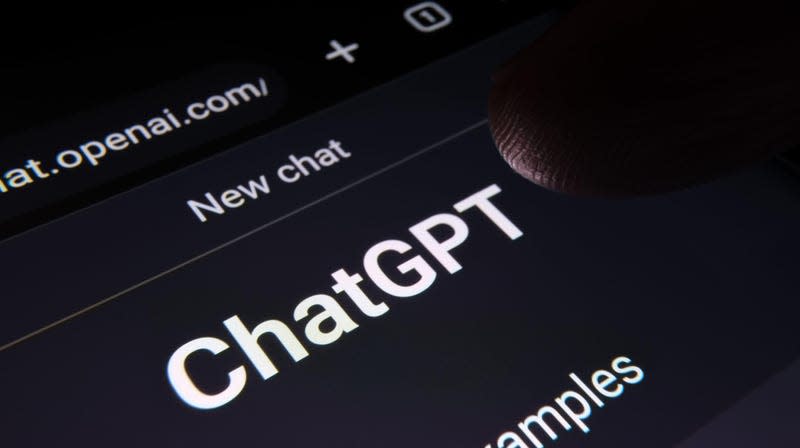New York City Schools Lift Ban on ChatGPT, Say Initial Fear 'Overlooked the Potential’ of AI

After making a big statement about how ChatGPT could negatively impact student learning, New York City public schools are taking a step back and stating the AI chatbot isn’t so bad.
David Banks, the head of the city’s public schools, announced on Thursday that the system would lift the ban on ChatGPT it enacted in January. At the time, New York City public schools appeared to be concerned that OpenAI’s chatbot would lead to a barrage of cheating by students and affect their critical thinking and problem solving skills. Now, though, the system’s “knee-jerk fear and risk” response has evolved to one of cautious exploration, according to Banks.
Read more
“The knee-jerk fear and risk overlooked the potential of generative AI to support students and teachers, as well as the reality that our students are participating in and will work in a world where understanding generative AI is crucial,” Banks wrote in an op-ed on Chalkbeat. “While initial caution was justified, it has now evolved into an exploration and careful examination of this new technology’s power and risks.”
The head of New York City’s public schools proceeded to explain that staff found a variety of examples of ChatGPT being used positively in classrooms. For instance, Banks said students at a Queens middle school were “debating ethical issues surrounding AI prejudice” as well as asking ChatGPT questions and researching whether its answer were correct (many times, they are not). In addition, Banks stated that teachers at the middle school were using ChatGPT to create lesson plans and grade papers.
After analyzing these examples and consulting with tech industry leaders, Banks and other officials decided to unban ChatGPT and encourage its use in schools.
“New York City Public Schools will encourage and support our educators and students as they learn about and explore this game-changing technology while also creating a repository and community to share their findings across our schools,” Banks said.
The education department will provide teachers with resources, real-life examples of successful AI implementation in schools, and an AI toolkit, he added.
The about-face of New York City’s public school system comes during a time of intense debate about what role, if any, AI should play in schools. Earlier this week, a professor at Texas A&M University—Commerce gave a group of students an “X” in his course because ChatGPT told him it had written their last three essay assignments of the semester, Rolling Stone reported.
“I have opened my own account for [ChatGPT],” Jared Mumm, a campus rodeo instructor who teaches agricultural classes at the university wrote. “I copy and paste your responses in [ChatGPT] and [it] will tell me if the program generated the content. I put everyone’s last three assignments through two separate times and if they were both claimed by [ChatGPT] you received a 0.”
However, that’s not how ChatGPT works. As noted by Rolling Stone, the chatbot from OpenAI cannot detect material that’s written by an AI and has in the past claimed credit for writing lines from renowned novels, such as Crime and Punishment.
As a result of the incident, a number of the students in Mumm’s class were being denied their diplomas, the outlet found. The university told the outlet it was investigating the case and developing policies on the use of AI in the classroom.
More from Gizmodo
Sign up for Gizmodo's Newsletter. For the latest news, Facebook, Twitter and Instagram.

